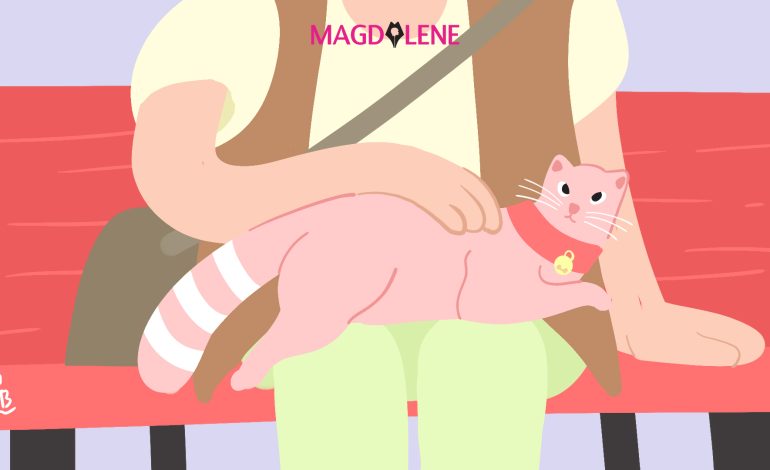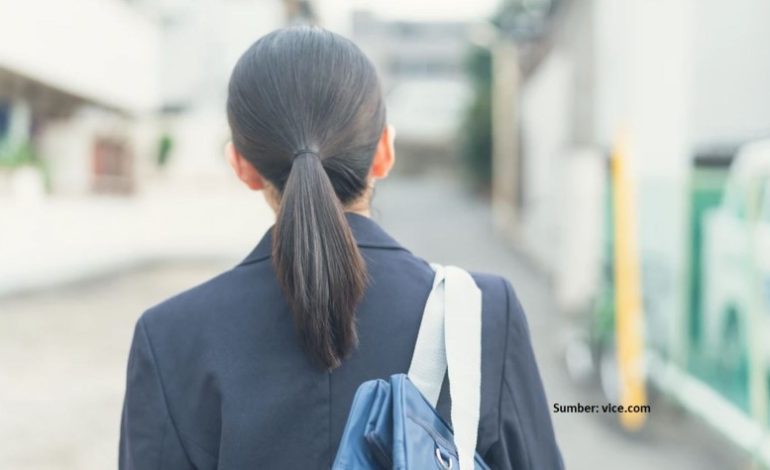The War in Ukraine is Magnifying Our Love for Animals

A little girl huddles in a bunker, stroking her dog. From amid the rubble, blood-stained and shell-shocked people emerge, clutching their pets.
War exposes many truths, the brutal and the valiant. The war in Ukraine is powerfully and painfully magnifying the interconnectedness of human and animal lives, and, mercifully, our unrelenting commitment to acting with love, even in the face of lethal danger. A man fleeing a bombed apartment building carries a cat and a goldfish. Some people refuse to leave Ukraine without their animals.
Domesticated animals are affected by almost every human decision and those involving violence most of all, whether they’re hidden in factory farms or captured by the lenses of photographers and broadcast globally.
Animals are always affected by war. Millions of horses and donkeys were taken from the farms of poor people to the carnage-filled fronts of the First World War and pigeons were strapped with messages.
Even to this day, military working dogs are either celebrated as heroes or unceremoniously euthanized.
Baca juga: Rusia-Ukraine Conflict: What are the Nuclear Risks?
Animals Suffer Along with People
In all places where violence is a persistent poison or a swift eruption, animals suffer alongside human victims. Animals have rich intellectual and emotional lives that we are slowly beginning to recognize.
In Ukraine, they are exhibiting feelings of intense fear, pain, and confusion. They apparently don’t understand why their worlds are being turned upside down.
A woman named Alisa fled Kyiv on foot with her mother, sister, children, and two dogs — including an elderly German Shepherd named Pulya—and shared her experience with The Guardian.
“My dog is 12 and a half and she struggled to walk and fell down every kilometer or so and couldn’t stand up again. I stopped cars and asked for help but everyone refused; they advised us to leave the dogs. But our dogs are part of our family. My dog has experienced all the happy and sad moments with us. Mum’s dog is all she has left of her former life. So my husband, at times, carried our dog on his shoulders.”
My own family includes rescued German Shepherds, and the images of this 80-pound, the grey-muzzled dog being carried to Poland so she would survive gripped my heart. We would do the same for our dogs. We won’t have to, and for that, we are deeply grateful. But no one should have to.
Some horses are also being evacuated from Ukraine, and others are being released by hopeful people who believe the animals have the best chance of surviving on their own.
Horses are similarly let loose when natural disasters, like forests, tear through landscapes. We can anticipate and prepare for some emergencies. Others, like sudden invasions, we cannot as easily plan for — but we can respond in kind.
Baca juga: Pelajaran dari COVID-19: Manusia Harus Pikirkan Serius Nasib Hewan
World Sending Help to Animals
The world is responding. Neighbouring countries are allowing animals to enter with migrants — some, shamefully, more quickly than they’re admitting racialized people. Shelters and veterinarians are providing urgent care. Organizations globally are developing plans to accept the animals of refugees from Ukraine and beyond.
Some terrified animals have been transported from zoos to immediate safety. Non-profits from across Europe and around the world are sending supplies and veterinarians. They need support.
The real extent of the damage remains to be seen, but the effects will be wide-reaching. As farms and shelters run out of food, water, and workers, or lose electricity, untold numbers of animals will suffer and die, quickly or very slowly.
We are all connected, within and across borders, within and across species. Ukrainians who remain and are defending the lives of others demonstrate profound bravery that resides deep in the human spirit.
Anastasiia Yalanskaya, a 26-year-old woman who refused to leave Kyiv, was killed while delivering food to an animal shelter that had been without food for three days. Another animal advocate, Natasha Derkach, was killed as she worked to save animals in Dnipro, a city under siege from heavy shelling.
There are many more victims. Ukrainians are losing their lives defending animals.
Baca juga: How to Remain Youthful and Resilient Despite Stress
Confronting Abuse
Ukraine has been creating a more humane society in many ways. Nature Watch has been working in partnership with Ukrainian organizations to confront abuse and foster a culture of care for animals.
A week before the Russian invasion began on Feb. 24, 2022, I was contacted by a colleague to assist a Ukrainian city hoping to create the country’s first animal cruelty unit. My colleague later received a powerful message from an animal advocate inside Ukraine who was afraid they might never speak again.
This war has laid bare the violence of abusive men who terrorize people and animals. It has demonstrated what losing your freedom really looks like.
But the dedication Ukrainian people have shown to animals reveals that even in the most dangerous times, the human capacity for cruelty is rivaled only by our ability to be courageous and compassionate. We can be more than simply human. We can be truly humane.
This article was first published on The Conversation, a global media resource that provides cutting-edge ideas and people who know what they are talking about.






















